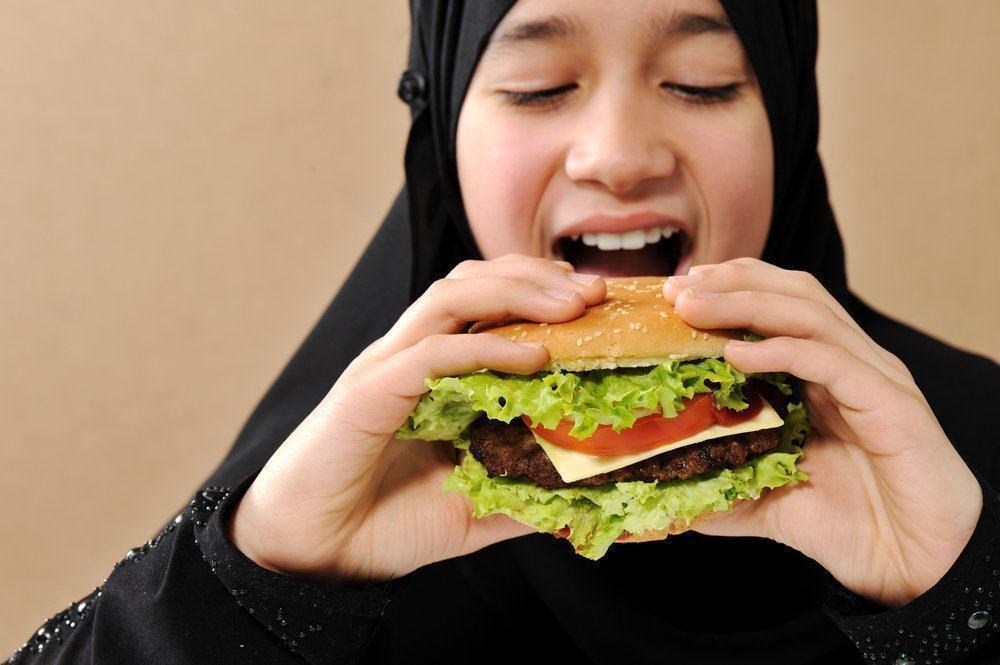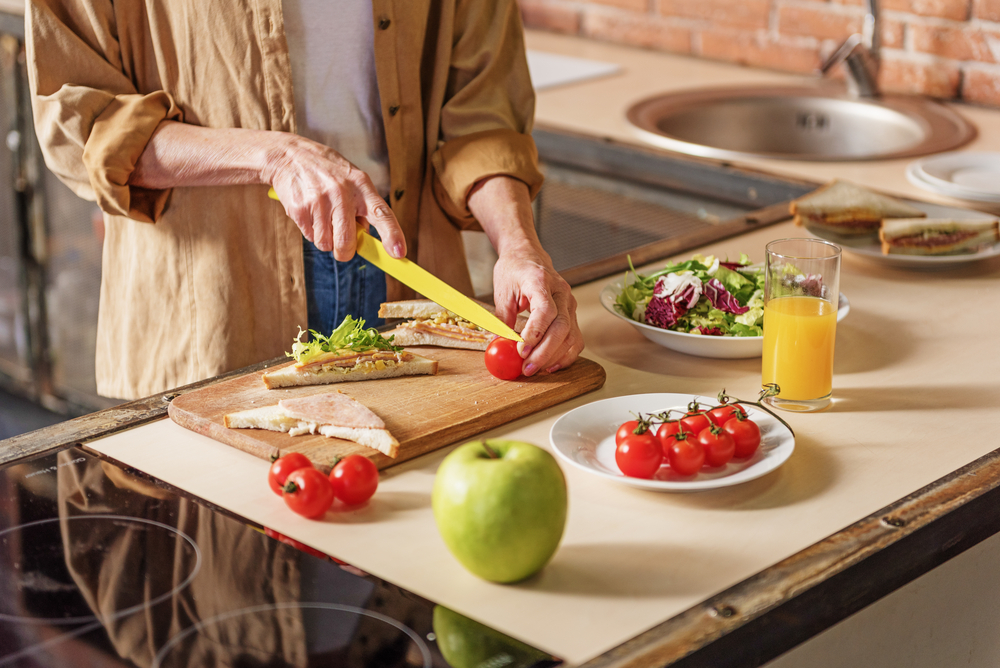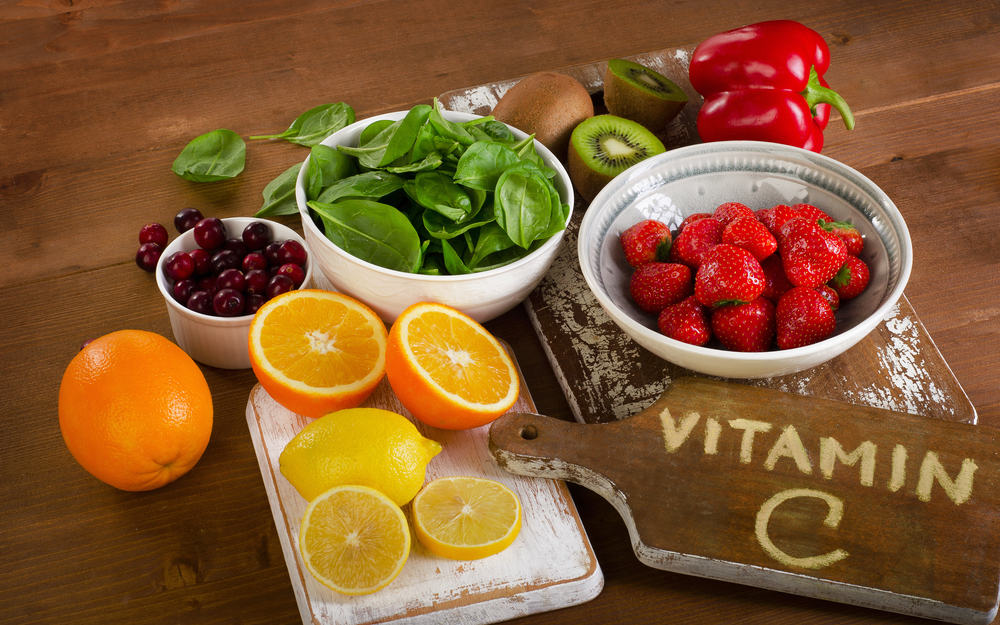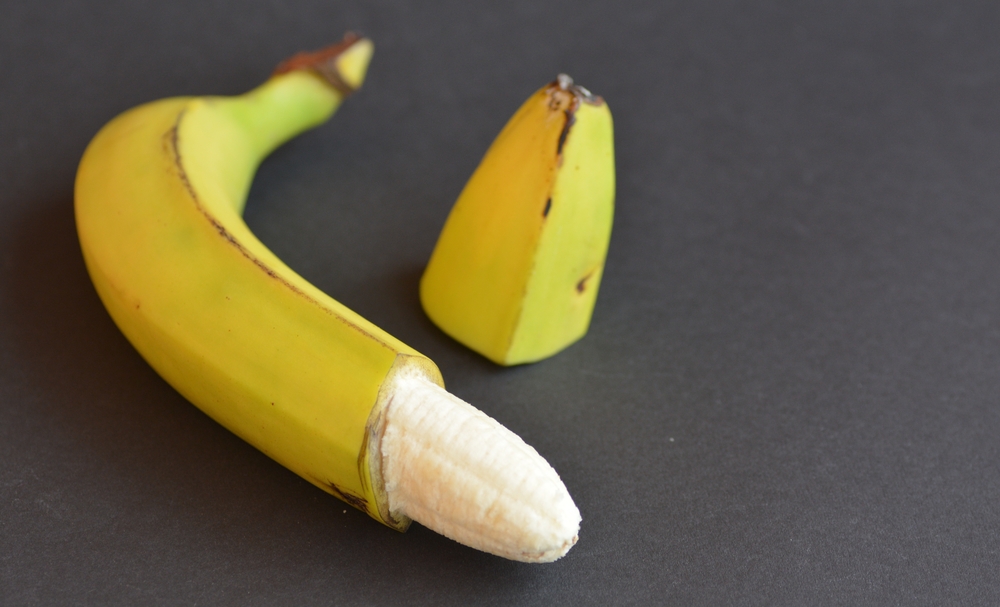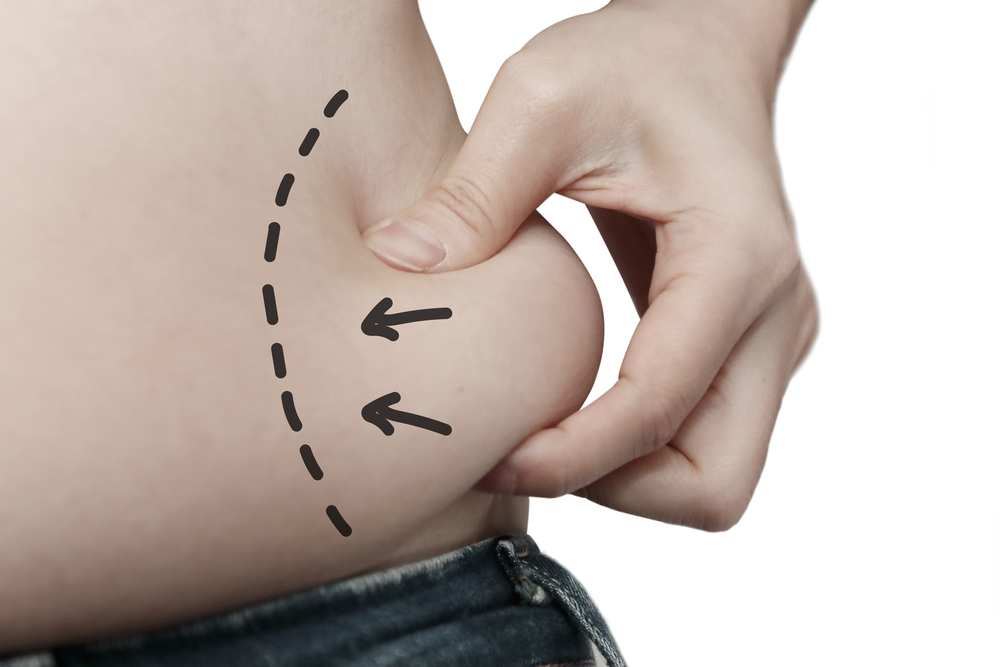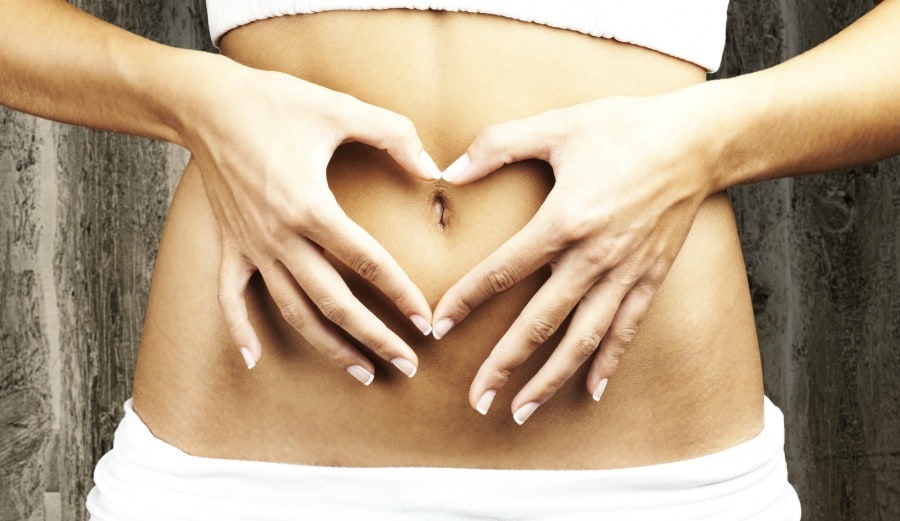Contents:
- Medical Video: Intermittent Fasting
- Food guide during fasting for ulcer sufferers
- Guide to fasting drinks for ulcer sufferers
- What needs to be avoided when fasting if you suffer from ulcers
Medical Video: Intermittent Fasting
Fasting causes your diet to change, from the initial three times a day to twice a day. This change in diet causes physiological changes in the body, such as weight loss in the first week of fasting, and increased stomach acid on an empty stomach, especially during the day. Excessive stomach acid can cause inflammation in the stomach, called ulcer or dyspepsia. Symptoms of ulcers that can arise include pain in the pit of the stomach, nausea, vomiting, bloating, and others.
Ulcer can be divided into two types: functional and organic. This classification can be obtained after the patient performs an endoscopic examination (upper gastrointestinal binocular). In patients with organic ulcer, there is a disturbance in the digestive organs such as the presence of wounds in the stomach, small intestine, or other organs, whereas in functional ulcer patients no abnormalities are found. Generally, patients with functional ulcers are allowed to fast, whereas in patients with organic ulcers, fasting can aggravate the condition if not treated properly.
Following are tips that can be done by ulcer sufferers to be able to fast comfortably.
Food guide during fasting for ulcer sufferers
- Consume carbohydrates or foods that are slowly digested at dawn, so you are not easily hungry and weak during the day.
- Dates are a good source of carbohydrates, fiber, potassium and magnesium.
- Almonds contain lots of protein and fiber, so they can be recommended when fasting.
- Bananas are a source of nutrients such as potassium and magnesium carbohydrates.
- Foods that are baked are more recommended than fried and fatty foods.
- Eat in small but frequent portions.
- Eat close to the priest during dawn, and immediately break the fast at sunset.
- Don't forget to take the medication your doctor prescribes at dawn and break the fast.
Guide to fasting drinks for ulcer sufferers
- Drink lots of water to replace water loss while fasting, which is about 8 glasses per day.
- Drink a glass of milk at dawn, this can reduce the symptoms of peptic ulcers and ulcers.
- Drinking water, non-acidic fruit juices, and drinks that contain lots of potassium so that the body can adjust to conditions during fasting.
What needs to be avoided when fasting if you suffer from ulcers
- Avoid foods that can increase stomach acid such as chocolate, fatty or fried foods, and fruits that contain acids such as oranges, lemons, tomatoes and others.
- Avoid foods that can damage the stomach wall such as vinegar, pepper, spicy food, and stimulating herbs.
- Do not go straight to sleep after eating sahur or dinner, because this can increase the risk of acid reflux or GERD.
- Do not immediately eat large portions when breaking fast or dawn, and do not delay breaking.
- Avoid drinks that contain caffeine such as coffee, tea, soda and energy drinks.
- Smoking increases the risk of peptic ulcers and ulcers, so Ramadan is a good time for you to stop smoking.
- Alhohol can cause weakening of the valve between the stomach and esophagus, thereby increasing the risk of increased stomach acid.
- Avoid drugs that can irritate the stomach, such as non-steroidal anti-pain medications.
- Avoid stress, some studies suggest that stress can cause an increase in stomach acid.
Fasting in the month of Ramadan is one of the obligations of Muslims. Generally the human body will adapt to conditions that exist after the first few days or weeks of fasting, so that the ulcer is felt to generally improve or not to cancel fasting. In fact, functional ulcer patients are recommended to fast because it can improve existing symptoms, whereas in patients with organic ulcers or chronic ulcers it is recommended to consult first with the treating physician in order to adjust the dose of medication or diet during fasting, so patients with ulcers can fast calmly .
Research shows that stomach acid rises to its peak during the day, so you need to pay attention to the symptoms and signs that arise at that time. Islam does not force you to fast if you cannot, so you can explore other alternatives according to your abilities.

